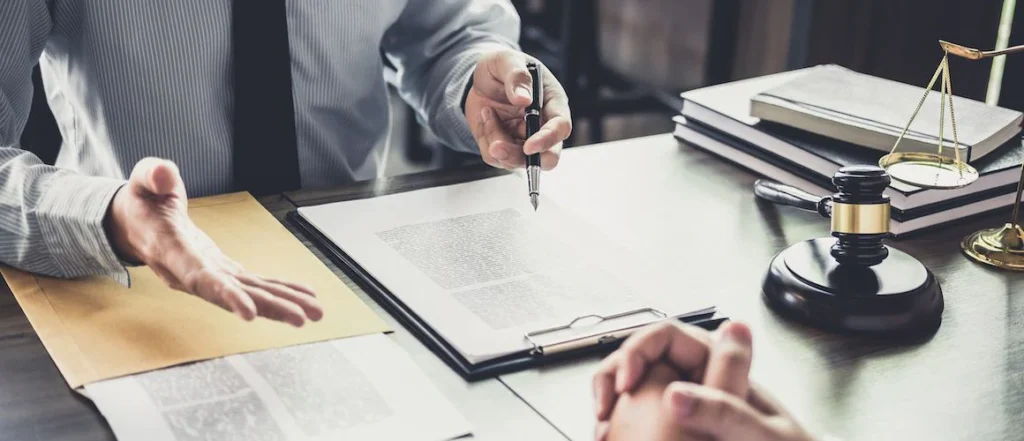Facing criminal charges can be scary. As a defendant, it is important to know your rights, especially when it comes to the attorney-client privilege. The attorney-client privilege is a safeguard and keeps your conversations with your lawyer private.This blog will explore the attorney-client privilege, why it matters, and how it can help you during your legal journey.
What is the Attorney-Client Privilege?
The attorney-client privilege encourages open and honest communication between you and your lawyer. It creates a confidential relationship so that anything you share with your lawyer to obtain legal advice remains private. This means that law enforcement, prosecutors, and even the court cannot force your lawyer to disclose what you have said.
How Does the Attorney-Client Privilege Work?
The attorney-client privilege covers confidential conversations between you (the client) and your lawyer to seek legal advice or representation. It covers many forms of communication, including in-person conversations, phone calls, emails, letters, and even text messages.
Key Things to Remember
Confidentiality: Maintaining confidentiality within the attorney-client relationship ensures that the privilege remains intact.Avoid discussing your case with anyone other than your attorney and having anyone present at meetings with your attorney other than necessary parties. Necessary parties may include a translator, a paralegal, or an investigator. Conversations with third parties may waive the privilege.
Limited Exceptions: While the attorney-client privilege is broad, it is not absolute. A few limited exceptions could lead to the disclosure of sensitive information. For example, if you willingly give up the privilege, plan to commit a crime in the future, or if your lawyer believes you pose a threat to yourself or others, they may have a duty to report the information.
Legal Advice: The attorney-client privilege only applies to conversations made to seek legal advice or representation. Conversations with friends, family members, or other individuals, even if they are involved in your case, do not fall under the attorney-client privilege. Also, discussions with your attorney that are unrelated to legal representation are not covered by the attorney-client privilege.

Benefits of the Attorney-Client Privilege
Open Communication: The attorney-client privilege encourages open and honest discussions with your lawyer. It allows you to share all the details of your case, including sensitive information, without worrying that the information will be used against you.
Legal Strategy: The privilege empowers your attorney to create a strong defense strategy. With a complete understanding of your situation, your attorney can provide informed legal advice and tailor their representation to your needs.
Ethical Obligations: Your attorney has a professional and ethical duty to maintain confidentiality. They are legally bound to protect your private information and cannot disclose it without your consent, except in limited circumstances
Overall, the attorney-client privilege is an essential tool for defendants. It gives you a private space to talk openly with your attorney. Understanding the scope and limitations of this privilege is crucial to protect your rights and build a strong defense.Remember to keep your conversations confidential and only discuss your case with your lawyer. By embracing the attorney-client privilege, you can navigate the legal system confidently
Have Questions? Give Me a Call.
I have decades of experience fighting for clients at all stages of their cases. I know the players in the Georgia criminal court, and I am here to help you throughout the life of your case. If you need a criminal defense attorney or have legal questions, give me a call today!

